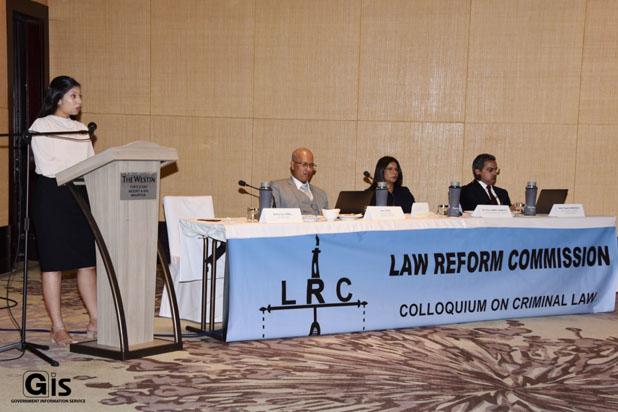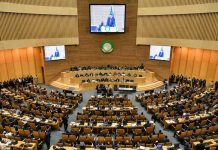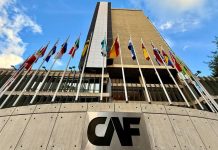Africa-Press – Mauritius. A colloquium on Criminal Law, organised by the Law Reform Commission (LRC) is being held, today, at the Westin Turtle Bay Resort & Spa in Balaclava. The Director of Public Prosecutions (DPP), Mr Satyajit Boolell, the Chief Executive Officer (CEO) of the LRC, Mr Sabir Kadel, and other personalities of the legal sector are present.
The participants consist of members from different legal cadres including the Office of the DPP, the LRC, and the Forensic Science Laboratory. They will brainstorm on topics such as the victim in criminal law; the perpetrator in criminal law; criminal law in the age of globalisation; and reform proposals and the way forward.
During the colloquium, participants will review the current legal framework with regards to offences against people and assets, go through the basic rights and pillars that build the constitutional framework of Mauritius, and identify the weaknesses or loopholes that exist within the Penal Code.
In his opening address, the DPP highlighted that the purpose of the LRC, through its legislative provisions, is to update our laws and propose appropriate reforms based on international practices, while considering the specificities of the Mauritian society.
The Commission, he underlined, has been reviewing the Mauritian Penal Code for almost 15 years and has suggested reforms to the different chapters of the Code.
It is in the light of this methodology that this colloquium is being held and brings together some of the best-known penalists of Mauritius, he stated.
Moreover, the DPP pointed out that the presentations that will be made today will thereafter be published in the form of a Colloquium Report, in order to contribute to the consolidation of a Mauritian criminal policy.
Speaking about the origins of the Penal Code, Mr Boolell recalled that the Mauritian Penal Code is largely based on the French Penal Code of 1810 adding that whilst in France the latter has adapted to societal changes, the Mauritian Penal Code has remained tragically unchanged except for some minor modifications without any significant reforms. On that score, he outlined some initiatives that were taken to revise the Code.
They comprise: a meeting in 2009 with the then CEO of the LRC, Mr Rosario Domingue, after which the LRC agreed to the establishment of a Committee whose objective was to revise the Code, under his chairmanship; and the signature of an agreement in January 2011 between the Office of the DPP and the University of Reunion Island to collaborate on an expert study and revise the Mauritian Penal Code.
The DPP further stressed that in the numerous documents produced by the Commission over the last few years, the entire Penal Code has been scrutinised, ranging from general criminal law to offences against the state, offences against persons, and offences against property.
He also enumerated some of the reforms proposed by the Commission over the years, including the introduction of two new justifications such as the state of need and the whistleblower; the Framework in relation to sexual offences to be completely redesigned with regard to rape, sexual harassment and sodomy; the reformulation of the restrictive list of offences against property and; widening the scope of incrimination with regard to swindling.
Mr Boolell appealed to Legislators so that the Commission’s reform proposals can be incorporated into existing legislations in accordance with international law and that they be implemented as soon as possible.
‘All too often, offenders exploit the deficiencies of our archaic procedural and substantive legal provisions to bypass the links in our criminal justice system,’ he concluded.
For his part, the CEO of the LRC underscored that criminal law is indeed the most important legal subject as it is the one that creates vocations and often encourages students to embrace a career as a lawyer. However, he emphasised that the reality is often less appealing than the glamour shown in literature.
Mr Kadel indicated that if rhetoric undeniably has its place in a criminal trial, the technical mastery of the matter is not left out adding that the criminal lawyer must thus juggle with concepts unknown in other legal disciplines, such as special fraud and general fraud, abstract terms which sometimes make the most experienced lawyers shudder.
It is in this context, the CEO stressed, that the LRC is currently working on its reform, examining what could be the future of our criminal code and the reforms that could be brought in this matter.
For More News And Analysis About Mauritius Follow Africa-Press







